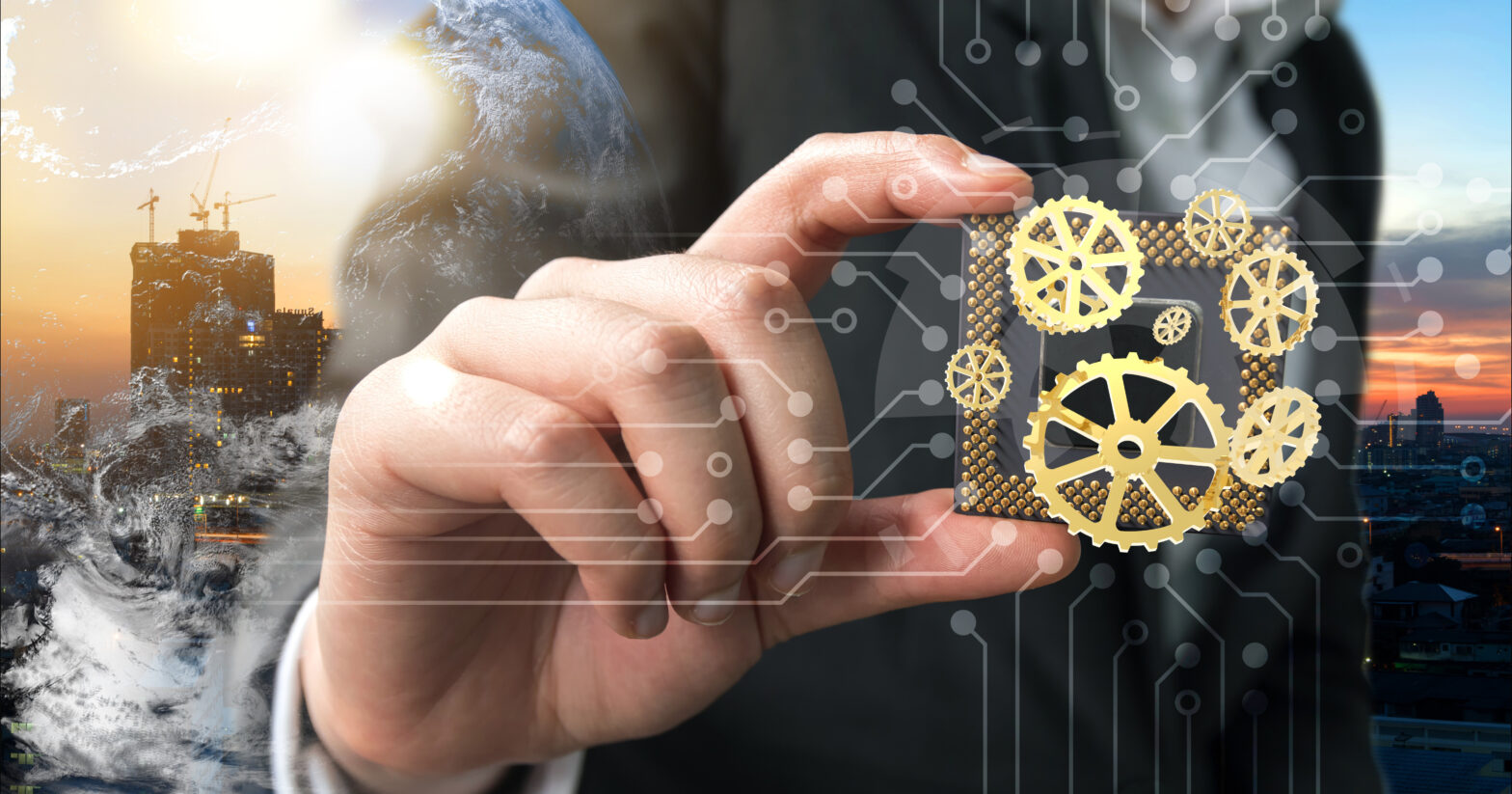In the latest installment of Innovation Spotlight Misha Nestor provided some telling predictions of where artificial intelligence (AI) and machine learning is driving business and the public sector.
He expressed that “in terms of general AI we are just at the start”, because businesses cannot, yet, apply the advanced algorithms of AI to the “general knowledge of human behaviour”.
However, he did also explain that businesses are taking advantage of more narrow applications using AI.
For example, the autonomous car industry or media-related content that targets individuals based on their specific taste.
In terms of LifeTracker, the company Nestor founded and runs, this AI-based application acts as a personal assistant to remind you of specific things. It relays real-time information, while learning from the individual and adapting to their lifestyle.
>See also: AI and automation will be far more significant than Brexit
But, as Nestor expressed, this only represents the very beginning of what AI is doing.
He told Information Age that it was present in almost every business, both large and small and was a fundamental framework that will define how humans live, interact and engage with each other.
Indeed, Nestor referred to AI as a “framework” that has a role in all aspects of everyday life, rather than a technology.
The goal, he suggested, by adopting AI into operations is to make it better for the end user.
The financial industry
It is true that the financial industry, for example, is embracing technologies like AI because “they are afraid” disruptive startups. It is predicted the financial industry will lose 6% of its sector to startups.
“New companies, they use machine learning, adaptivity and visualisation in different forms.
>See also: Artificial intelligence is key to the customer journey
At the same time you have the larger companies with a legacy, like the financial industry, banking, insurance, the automotive industry, FMCG [fast-moving consumer goods]. They have been here for decades, some of them for a hundred or so years. They should be afraid of these startups, and they are afraid.”
However, this is not necessarily a bad thing. Competition is healthy. The challenge brought by newer startups stimulates “the old companies to evolve, to change their framework of working with their customers”.
Unemployment
Perhaps, a more cynical view expressed by Nestor was his prediction concerning job security.
He thinks unemployment “is unavoidable. You cannot just ban technology. You can’t put a ban on AI research.”
This is because as AI evolves it will take over the the more mundane, simpler process that its human counterparts used to do. The technology will automatically do it, at a much lower cost.
This fear was expressed by a report from the Reform thinktank that speculated 250,000 jobs in the public sector could be at risk from AI and robotics.
Many argue that this is not necessarily a bad thing, because it will free people up to pursue more worthwhile, complex tasks.
However, Nestor makes the rather worrying speculation that the humans AI replaces, will not be capable of simply upskilling.
He explains that “it’s not about educating people or preparing the workforce for the moment when AI comes. It’s not like teaching people how to use computers. We are past that moment.”
>See also: AI can transform the medicinal industry
Competing in the modern, albeit slightly futuristic workplace, for the current working generations will be too complex in some instances.
For example, when autonomous vehicles are the most common form of transport what will the millions of taxi and lorry drivers do? How will the governments’ of the world elevate or ‘upskill’ them beyond another person who has had a long career in a technology role? This, Nestor, suggested is where government schemes, like the UK’s Government Digital Strategy (GDS), have been naive.
Ideas like a universal basic income, where few people work, have been suggested as a possible solution to increased unemployment.
Of course, the ‘robots’ will not take over every career path, as human interaction and insight is integral to a range from professions: from sales to marketing.
Generation Z, as it is termed, will be better equipped in an AI-driven world as coding (and other similar teachings) begin to precipitate down to prep school levels, which is already the case in countries like Singapore.
Ultimately, Nestor while recognising the potential problems of artificial intelligence is very much a believer in progress. He made clear that AI will transform the world, all with the aim of benefitting the end user, the regular human.
AI’s implementation “is something that’s happening in every industry on an exponential scale”.







